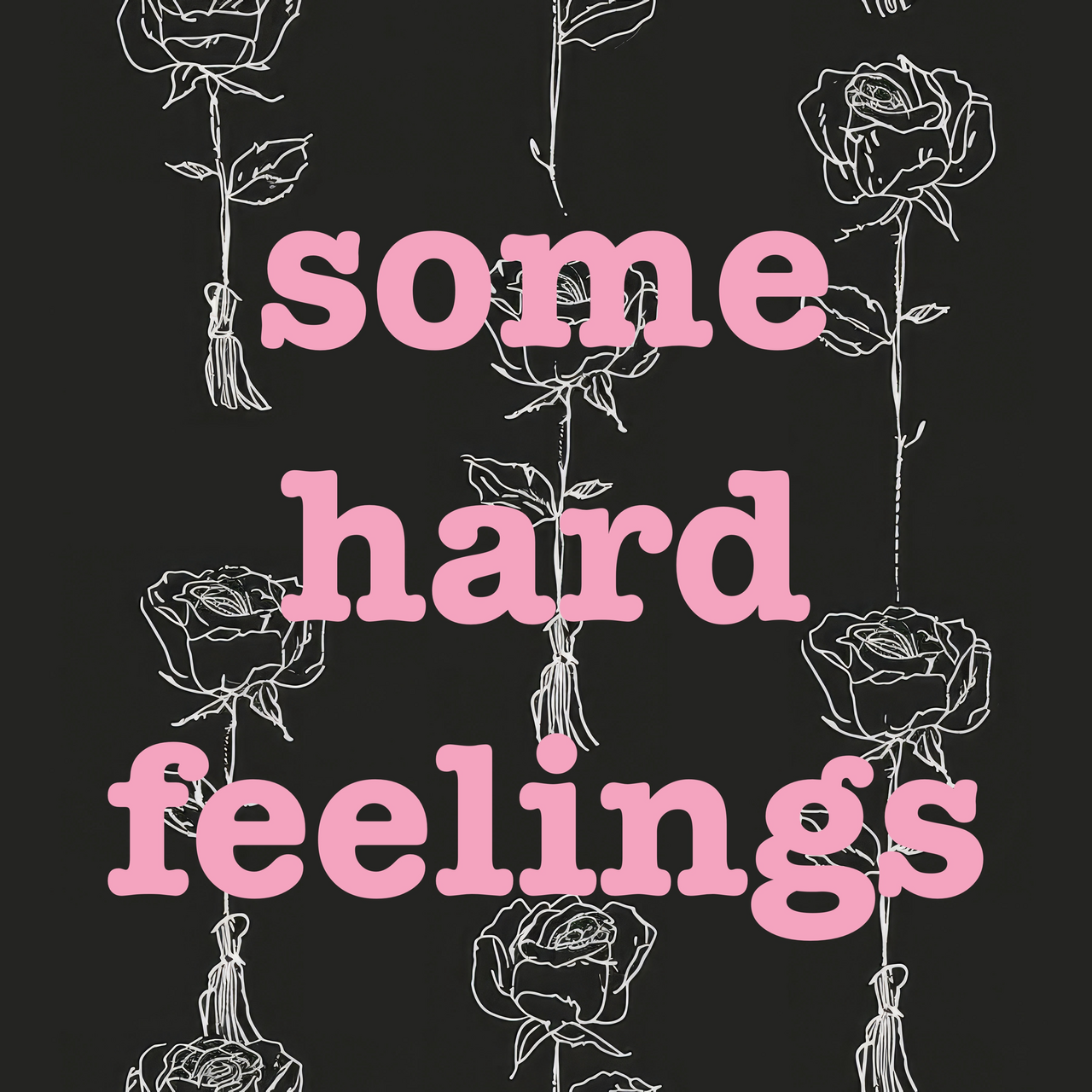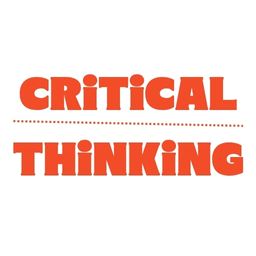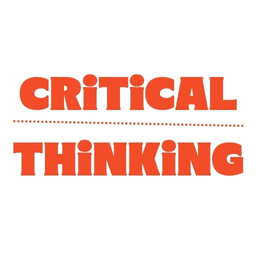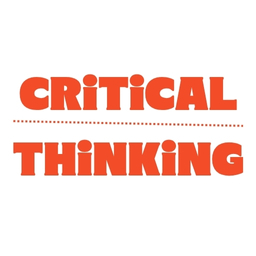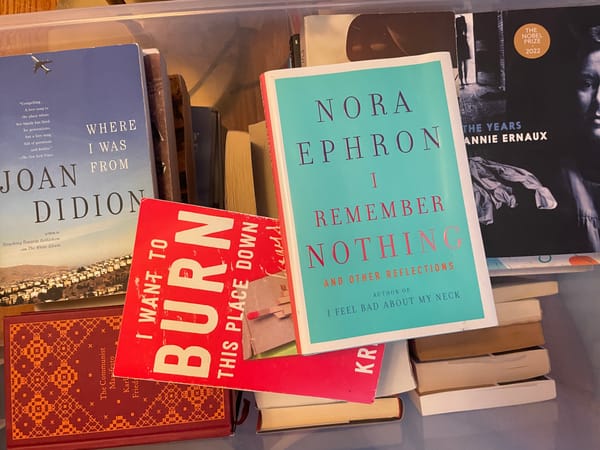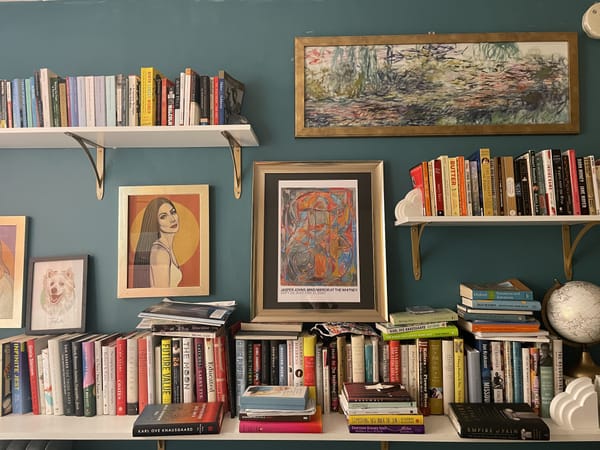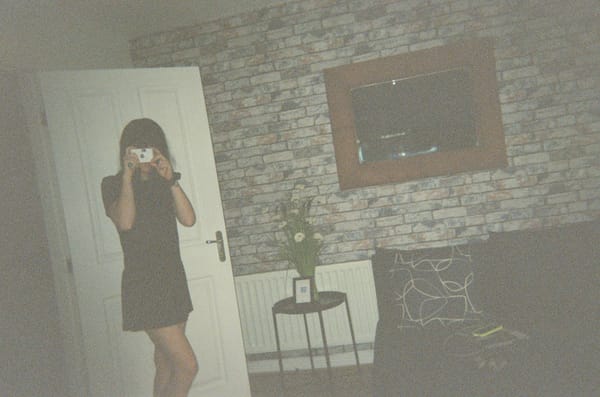Culture Study

It’s the perfect time to celebrate the United States of America! Who could feel questionable about the concept of patriotism at a time like this?
Personally, I feel pretty good about the long weekend we’re getting for Independence Day. There will be brilliantly nice weather in New York City all weekend and everyone is going to be exhausted by the end of it from sunshine-induced hypomania.
As we head into this long weekend, I want to leave you with a list of things I have seen, heard, or listened to lately. It’s been a really intellectually and emotionally stimulating few weeks for me — a blessing — and I want to give credit to the people and the art that have made me feel so creatively fulfilled or frustrated.
Have a nice holiday weekend, everyone. Thank you to everyone who regularly reads my work here or elsewhere.
Reading!
Everywhere I turn, someone I know or someone who knows someone I know is reading “The Dry Season” by Melissa Febos. I’ve been calling it this year’s “All Fours,” though it hasn’t had the same wildfire effect of Miranda July’s 2024 blockbuster.
I think many people are reading “The Dry Season” — Febos’s memoir about the year she took off from sex, love, and most forms of intimacy — with a sense of fascination. It’s radical that Febos simply elected to opt-out of her greatest vice (external validation) and stuck with it for much longer than she expected.
“The Dry Season” is starkly different from the wave of “blow it all up” divorce memoirs that dominated the literary non-fiction scene last year. “All Fours” is a novel — autofiction, really — but it reads like a memoir so I’m throwing it into this group as a spiritual, honorary member.
For those who are not familiar with Febos’s prior work, I think that “The Dry Season” would be an interesting place to start. In her other books, she documents all of the dysfunction and complicated emotions that led to her decision to be voluntarily celibate in her mid-30s. If you haven’t read “Dry Season” yet, I recommend first reading Febos’s memoir called — unsubtly— “Abandon Me.”
In “Abandon Me,” Febos writes about a tumultuous, codependent relationship she had that she refers to as a “maelstrom” in “The Dry Season.” The pain from this relationship is still new in “Abandon Me” and she uses the book to explore the reasons why she is so hooked on intimacy. Mostly, it’s her dad(s). It’s not always the dad(s), but for Febos and many others, it’s the dad(s).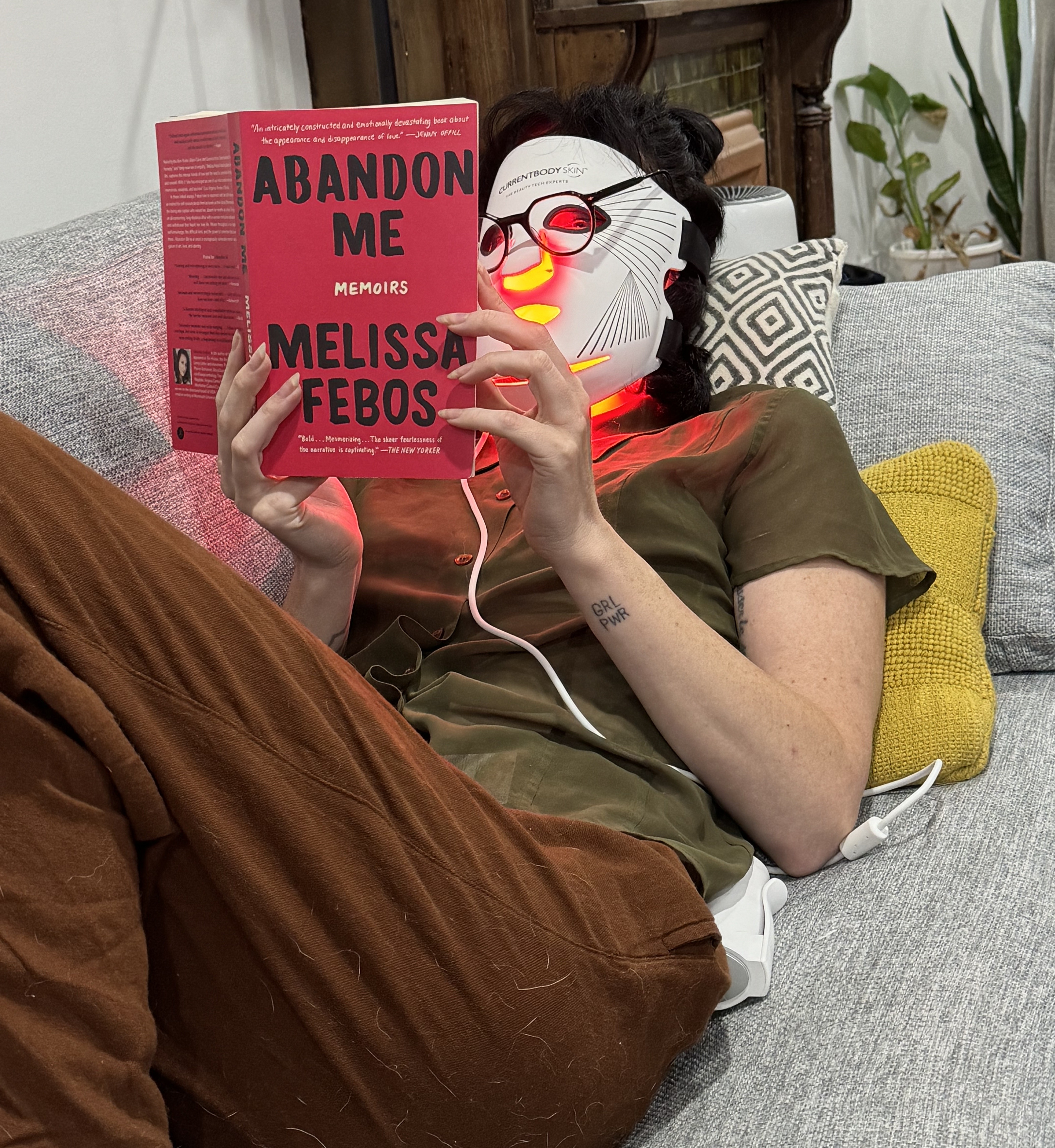
Average day in my life “The Dry Season” revisits her “maelstrom” relationship and shows the reader what she actually did to recover from her ill-advised involvement with someone who, of course, only deepened her abandonment issues. At 35 years old, she decided to get out of the dating game entirely for a while. She wanted to know if she could generate self-worth internally rather than relying on others to prove her value to her.
It’s a good book and is in the “instructive” subgenre of memoir. Some memoirs just tell you about a person’s life — “The Glass Castle,” “The Liar’s Club,” most of Annie Ernaux’s work, “Educated” — but present life scenarios that may be somewhat resonant to a reader. “The Dry Season” is, in my opinion, in the lineage of “Eat Pray Love.” Febos presents one option for change through her own experience.
As always with Febos, an MFA graduate and current professor at the prestigious University of Iowa writing program, the reader has to wade through an abundance of adjectives and overwritten experiences to really pull out the impactful insight contained within.
“The Dry Season” struck a nerve with me because I, too, am tired of dysfunction in my relationships and even more tired of dysfunction in my relationship with myself. It’s a great, nuanced book that approaches each element of her relationships — and lack thereof — with a tenderness that contrasts the over-the-top punchiness of “All Fours.”
Good book. Good author. Great group chat fodder.
- Thanks to “Dry Season,” I re-read Virginia Woolf’s “A Room of One’s Own.” It’s still impressive to me that Woolf had the temerity to speak truth to the gender imbalances that have dampened the creative output of women long before and long after her radical demand for physical space and the financial independence needed to craft the stories she really wanted to write. It doesn’t seem so radical now because her ideas have become common sense in our society, even as we still fight for the room and the money. I also learned from “Dry Season” that Woolf was a terribly disorganized and messy person. I love that. I love whenever a woman is just truly shitty at the domestic tasks where she’s “supposed” to excel.
- I also revisited Jennifer Romolini’s 2024 memoir “Ambition Monster.” Romolini writes about her dysfunctional upbringing (seriously, can even one of us just have a normal family life?) and how she channeled all of that angst into climbing the ladder in an impossible corporate media environment. She learns what every person who has been fired learns: You’re not as important to anyone else as you are to yourself.
I relate to many of the themes and concepts in “Ambition Monster,” but it really is just not for me. The relationship between women, ambition, and a strive toward liberation is a fascinating thing. It just wasn’t so fascinating to me when presented in this way. - I re-read The Communist Manifesto because it is eternally relevant, but especially at a time like this. This is underselling it: I read a significant chunk of it out loud at a party recently. Damn — those dudes needed to learn about using a period instead of a comma sometimes.
I generally think the Manifesto gets cast aside as extremism and a threatening portrait of an alternative way that we could structure our society to benefit the many rather than the few. I’m pretty sure that’s exactly what Zohran Mamdani ran on this year, though he said on television that he’s not a Communist. I don’t think I’m a Communist. I don’t think I identify with any particular sect of progressive politics, though I do intend to spend time this summer engaging with the brain-draining books on theory so that I can at least be more informed about what I believe, and where it fits into the tapestry of leftist politics.
This section in particular from the first chapter of the Manifesto reminded me of the concerns about artificial intelligence. It really spooks me when a very old text is relevant to my life today. How did they do that, and how long have we been stuck in this cycle?
”The bourgeoisie cannot exist without constantly revolutionizing the instruments of production, and thereby the relations of production, and with them the whole relations of society. Conservation of the old modes of production in unaltered forms, was, on the contrary, the first condition of existence for all earlier industrial classes.
Constant revolutionizing of production, uninterrupted disturbance of all social conditions, everlasting uncertainty and agitation, distinguish the bourgeois epoch from all earlier ones. All fixed, fast-frozen relations, with their train of ancient and venerable prejudices and opinions, are swept away; all new-formed ones become antiquated before they can ossify. All that is solid melts into air, all that is holy is profaned, and man is at last compelled to face with sober senses his real conditions of life and his relations with his kind.”
I was really moved by my friend Hannah’s essay about raising a child when the whole world feels like it is falling apart. I cannot imagine the stress that parents feel about their children’s futures right now. Parenthood made Hannah see everyone as somebody’s baby. There’s a lot of news right now about children and a lack of safety.
SofteningMotherhood has made me soft. Even small, my stomach is still pliable. Where it was once taut and ready to repel, now it gives. Sometimes, when I’m lying in bed, I’ll slip my hand just inside my waistband to rest in the spot that used to be my baby. I hate seeing the curvature that remains, but it’s something entirely different to feel it. I accidentally…
It’s not a book, but I was impressed by the strength of the reporting on Haaretz’s recent investigation into the Israeli military’s near-daily murdering of Gazans who were reporting to aid sites to try to provide for themselves and their family.
The story featured IDF soldiers telling Haartetz that the directives they are given are unreasonable and unnecessary. This is where I’d like to drop a “just following orders” quip, but these soldiers exhibited some real bravery in revealing to the world what they are being instructed and incentivized to do to people and homes in Palestine. It was devastating.Watching!
I saw “Women on the Verge of a Nervous Breakdown” by Pedro Almodóvar for the first time last week. It was so visually stimulating that I briefly considered wearing more jewel tone colors in the future. I loved it and felt real affection for the women depicted in the film. I appreciate that Almodóvar loves women characters in the way that he does, and presents some real feminine-coded dilemmas in absurd accuracy.
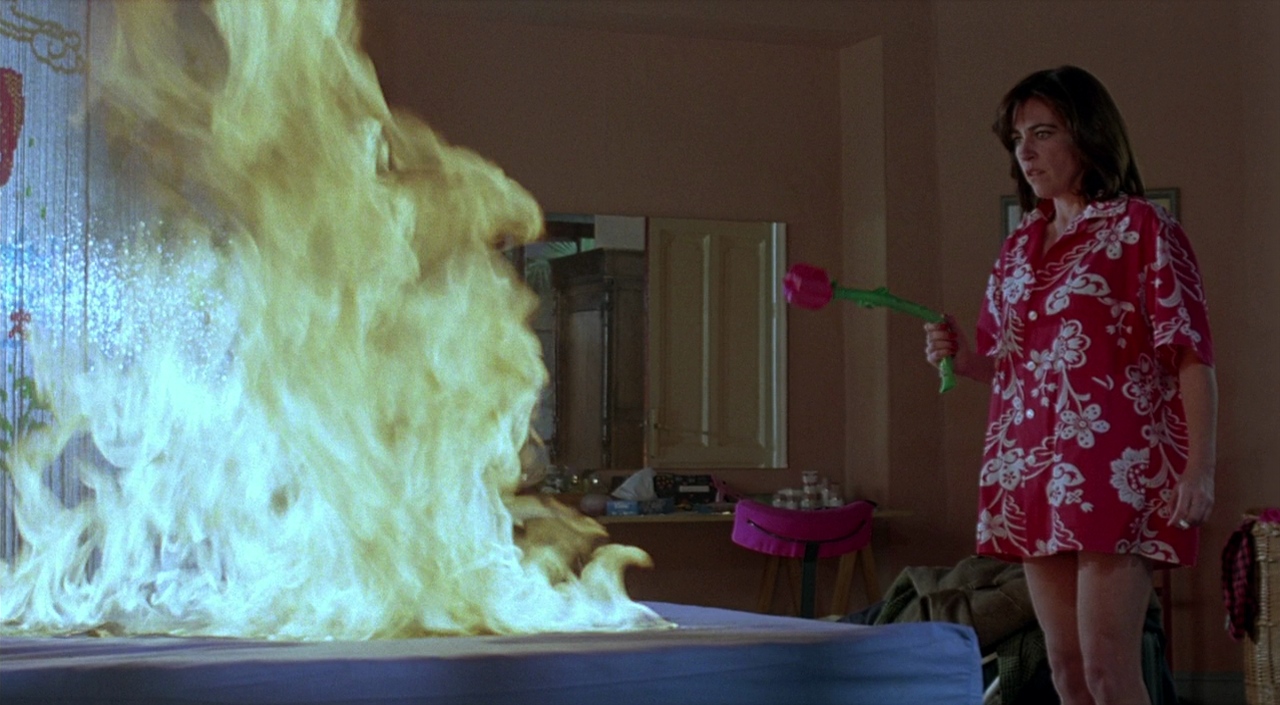
Is Almodóvar Spain’s Wes Anderson? I think that’s an offensive question to ask for a director who has his own career, own style, own country. But the repetition of themes and highly, distinctly stylized approach to his work reminded me of America’s own twee little auteur.
I caught the end of an extensive run of Federico Fellini’s “8 ½” on a true analog 35 mm print. The copy at Film Forum — an independent theater— was made from the original photo negatives and the people creating this new copy of Fellini’s classic slapstick creative crisis film were stubborn about making it the way it would have been made in 1963.
Before the film began, the theater showed all of this information on screen. It also noted that the print had been sent to a laboratory in Paris that specializes in putting captions directly into the movie rather than on top of it. This meant that we got the special treat of the generally extinct issue of “white on white” captioning. The theater told us that roughly 15% of the film’s dialogue would be unreadable against Fellini’s high-contrast black-and-white film.
There was some grumbling, but I didn’t mind the “white on white” issue. It’s easy enough to get the gist of “8 ½” and, uh, it’s pretty easy to pick up on Italian tonal vibes even if you can’t read the words.
I loved how downright funny “8 ½” was and — similar to “Women on the Verge” — showed these 1960s women kicking ass.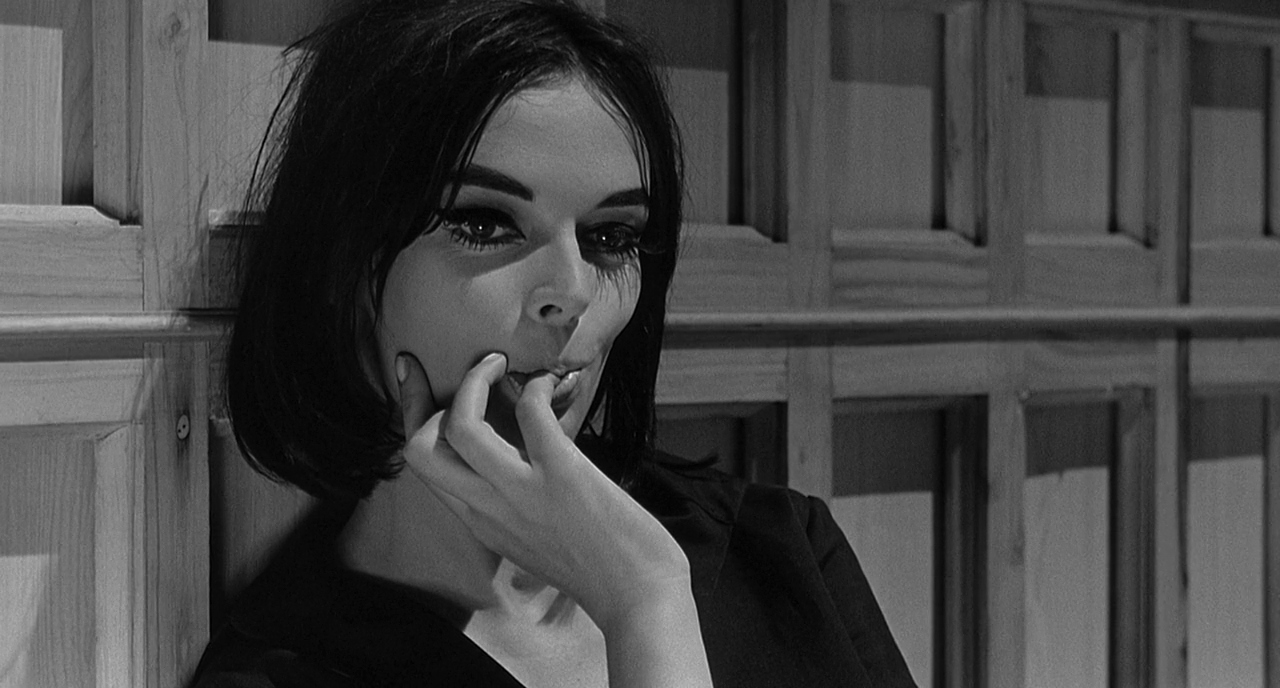
My primary takeaway was that “8 ½” is a film about eyeliner. There is actually a scene that involves eyeliner, but I spent the film creating a mental catalogue of potential eyeliner looks I could deploy in the future. I really live for winged eyeliner and Fellini’s characters were further depicted by the way they did their makeup. It struck me as not remotely a coincidence that the wife of the wayward film director wore very little eye makeup and, also, wasn’t having his bullshit.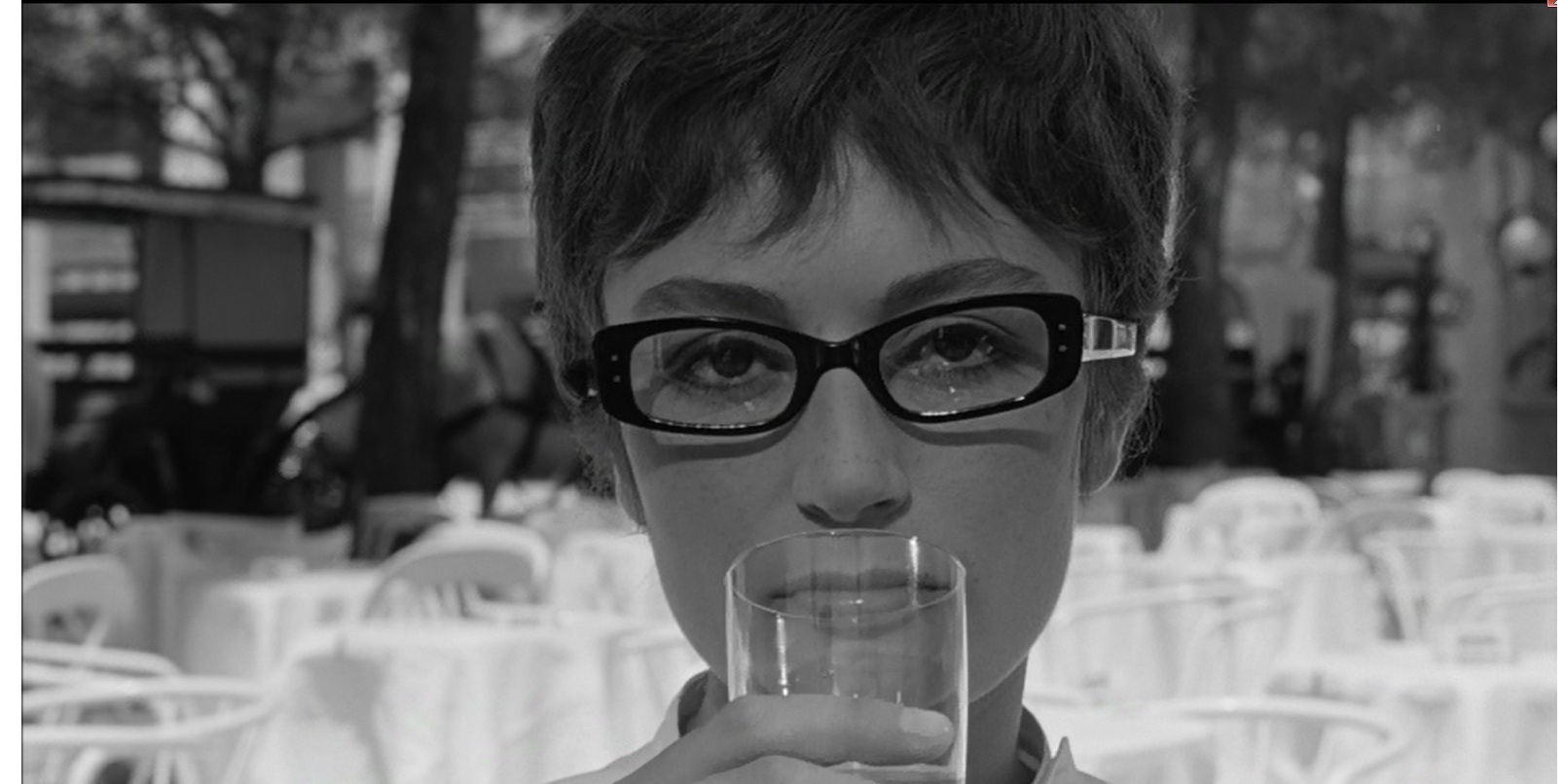
In general, I think makeup gets overlooked as a form of visual art. It’s a form of vanity, yes, but I love the way it gives me an opportunity to present myself in a variety of different looks. I love that 1960s eye makeup.
Here’s the oddball: I’ve spent the last few months working my way through “How I Met Your Mother.” I don’t know how it ends and don’t want to know before I watch it myself. I’m now deep enough into the series that the whole thing is starting to go off the rails. But I don’t really care.
It’s been nice to have a true sitcom to watch on a boring night at home or as a way to wind down after a night out. I know “the gang” is incredibly dysfunctional and doesn’t pass today’s sense of boundaries, but I find their friendships quite endearing. It’s a nice representation (that isn’t Friends) of people having complicated relationships with one another and keeping those friendships alive despite the ups and downs.
It’s also fascinating to me that “HIMYM” is really the show that bridges the gap between the pre-iPhone era and the smartphone revolution. Our relationships to one another did change significantly right around 2010, and I kind of think Steve Jobs should be in prison in hell for what he and Jony Ive unleashed on the world.I’m biased here, but I had a lot of fun watching my friend Josh Gondelman’s special “Positive Reinforcement.” It doesn’t really matter to me that I saw this material develop over the course of a few shows at a local comedy hall and that I was there for the late taping of the series. You can watch the entire special here!
It’s good, clean, endearing fun and demonstrates exactly why all of my out-of-town friends want me to introduce them to Josh when they visit Brooklyn.
It’s also a privilege to get to see someone’s creative (and business) process up-close in the way I saw Josh work on the development of “Positive Reinforcement.” As it turns out, it takes a lot of people to put together an hour-long comedy special. I’m just glad it’s out in the world now.“My Mom Jayne: A Film by Mariska Hargitay” was a really lovely look at one (famous) woman’s attempt to understand her mother — the most daunting of tasks for any daughter.
Most celebrity documentaries are boring hagiography now. But Hargitay is honest about the disdain she felt toward her mother, Jayne Mansfield, for her willingness to play a dumb blonde in her acting roles. It’s pretty quickly evident how Hargitay, who was only three years old when her mother died in a tragic accident and has few if any memories of her on her own, wound up spending her career playing a bad-guy–hunting “strong woman” type on Law & Order.
The documentary doesn’t hide Hargitay’s lifelong feelings toward her mother, which I would say is best described as “embarrassment,” and she also doesn’t hide her battle to open her mind toward her, too. It took some serious investigation by Hargitay — on her mother’s life and of her own beliefs — to arrive at a place of affection and sympathy for Mansfield. Ultimately, it’s a portrait of a woman learning how to change her mind. I liked it a lot.I saw “Materialists,” which I thought was sanitized drivel and doesn’t bode well for the future of rom-coms.
Materialists Is Authentic And BoringCeline Song took on a difficult task in her effort to make a rom-com about pragmatic 30-somethings looking for love. "Materialists," the result of that effort, seems generated by a focus group, not a fantasy.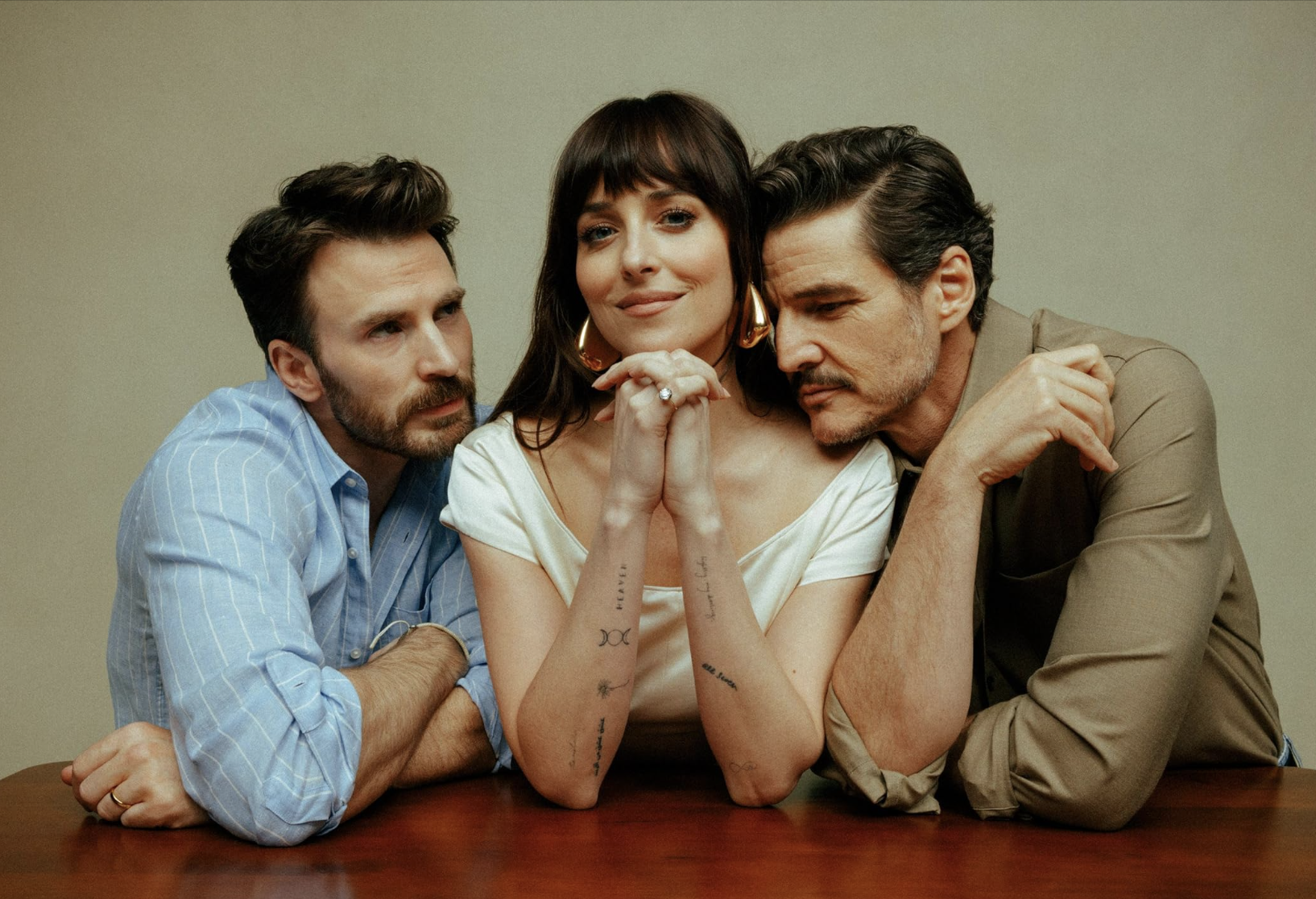
I saw “Sorry, Baby,” which made me cry quite hard throughout the entire film. I’m sorry to the couple sitting next to me in the theater. I’m not sure that “proximity to a sobbing woman” was how they thought their Pride weekend kickoff was going to turn out.
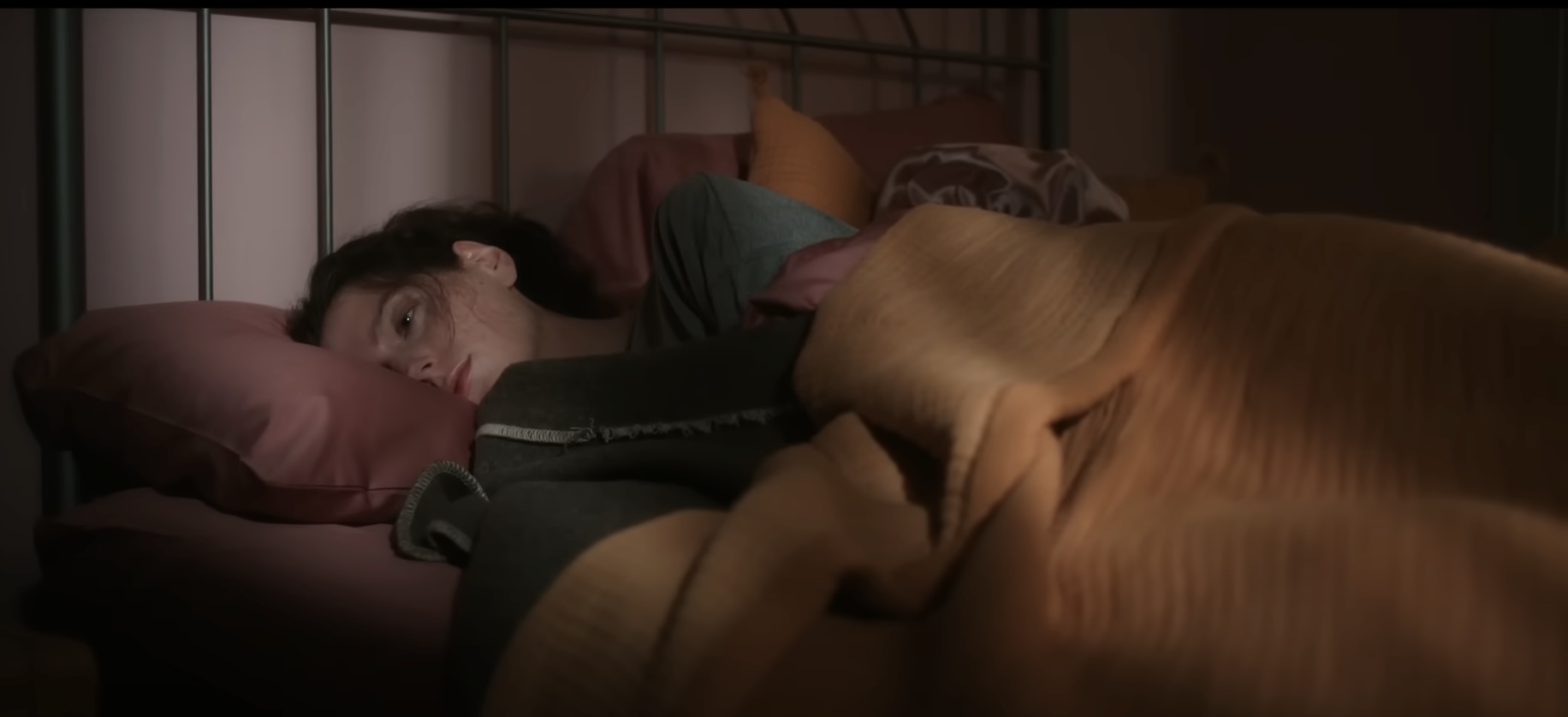
While looking for other films that address non-combat PTSD, I watched “I Used To Be Funny” starring Rachel Sennott. It was really bad. Heavy-handed, overly complicated, and the writing was just plain juvenile.
I liked the premise, though. Sennott’s character is emotionally wrecked by the mental struggles of the teenage girl she nannied. I appreciated that the trauma at the center of the movie wasn’t about some physical violation of Sennott’s character. (I don’t recall her name and don’t need to look it up.)
I think stories about the devastation of dealing with a sibling, parent, or friend who is in extreme mental distress or drug addiction is an under-explored category in pretty much all forms of art. I liked that “I Used To Be Funny” tried to take that bend. I also liked seeing Sennott try a character that is outside of her, uh, typical mold.
My primary takeaway from the movie was that “Sorry, Baby,” is a film that combines truly excellent writing and acting and the contrast between the two movies made it all the more evident.A short film called “David” that stars Nathan Fielder is now streaming on Metrograph At Home (pretty much NYC’s own Criterion Collection, though it’s available nationwide). It predates “Nathan For You” and was neither written or directed by Fielder. He’s just the guy playing the lead actor in this 30-ish minute film.
The premise and plot is a good one and well-suited to Fielder’s whole thing. I would be writing a positive review of “David” even if it weren’t good, though. I am a Fielder Fanatic and can’t be trusted to offer objective perspective on his projects.
I hope you get to watch it. I straight-up posted my Metrograph password in my group chat for Nathan Fielder updates so that my homies could watch it, too. I haven’t heard any reports back from them yet. I might stand alone on this island while everyone else treads water.Listening!
The Ramones are almost certainly going to be my top played artist of the year. I was so excited to see that Jason Diamond is writing a book about the Ramones. I think the Ramones suffer a bit because of their widespread popularity. They’re ever-present, which doesn’t make them much of a priority for people who love their music.
I recently compared the Ramones to how I feel about the Violent Femmes’ self-titled album. I’ve listened to it so many times that I rarely think to give it the priority treatment. I’m reminded of how awesome it is every time I do remember to listen to it in full.
Please listen to the Ramones. There’s no incentive here. But if you loved them once, you’ll still love listening to them now.I’m dying to see PUP play a show promoting their album “Who Will Look After The Dogs” when they come to Brooklyn this autumn. It’s just solid, listenable music that was produced to sound like real live artists playing real live music.
This album will mean a lot to me for a long time. The songs mostly focus on themes of heartbreak, despair, and the reasons to keep going. My favorite track off the album is “Best Revenge.”
Here’s an interview I did with PUP guitarist (and my friend) Steve Sladkowski about abstraction in music and visual art.Wass Up?Wassily Kandinsky spent a lot of time thinking about how to be weird. The Russian painter, whose best-known work is a bunch of sloppy concentric circles, was as much an academic as he was an artist. He believed strongly in the ability of abstraction to represent human emotions more credibly than figurative work — and moved around Europe thr…
“Bad Nerves” is another band that will be one of my most-played of the year. I like that they sound like the Ramones. I like that the frontman Bobby Nerves sounds like he’s grinning while he sings his songs because that’s what he does while playing them live.
It’s uncomplicated, somewhat formulaic music that is hard, fast, and loud. I don’t really want anything else from most of the music I consume. They also made the perfect socks for Docs as merchandise and somehow only stocked them in sizes that go up to a woman’s size 9. Bad Nerves is for the girls.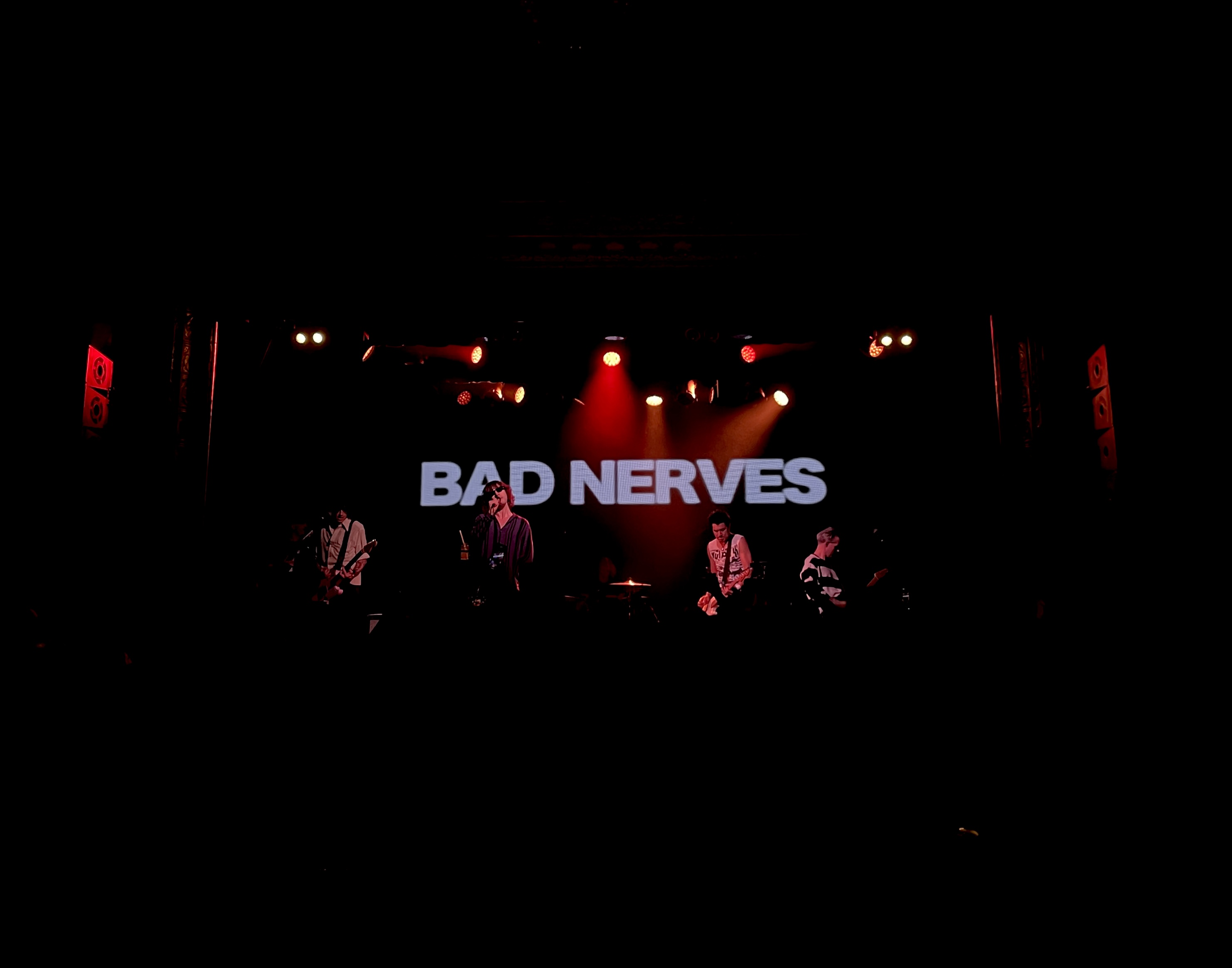
I recently spent an entire day listening to Leonard Cohen’s final album, “You Want It Darker.” That alone should have qualified me for a 72-hour hold, but I evaded it this time. What a wild album about a man facing the end of his life with clear eyes. Then he died. One final banger of an album at the end. Great stuff.
Patti Smith is playing “Horses” in full in New York this autumn. I was in the Ticketmaster queue for the first show and missed it by a few spots. By the time I went to jump in the line for the second show, it was too late. I need to see Patti play this album live. “HORSES. HORSES. HORSES. HORSES.” has been stuck in my head for months.
Also, I dyed my hair even darker than its natural dark brown, likely because I’ve been listening to so much Patti Smith this year. I’m thinking about doing The Haircut, but do I really want an aesthetic that is so markedly derivative? Yeah, probably. HORSES. HORSES. HORSES. HORSES.Finally, for an end-of-blog news dump: I am going to Manchester to see Oasis in a couple of weeks. I wasn’t going to go, and really don’t think it’s the financially responsible thing to go, but I got a lucky break through some friends and everyone in my life told me to just go have the once-in-a-lifetime experience with one of my favorite bands.
Because of my anxiety about going on this trip at all, I have been sort of avoiding listening to Oasis’s music — a rare thing for me. As I’ve come to terms with the idea of the fortuitous chance to live my dream, I’ve started to return to “What’s The Story” and “Definitely Maybe.”
She’s electric. I’ve really been practicing “lad summer” for weeks. I have a bootleg 1994-1995 Manchester City jersey (I don’t want to know anything about the Saudis, thanks) and a bunch of bucket hats and recently purchased an Umbro tank top and shorts set off eBay for $20. They’re going to blow the minds of everyone in Manchester. I hope I return as dumb as Liam Gallagher.
Thanks for reading and I hope you can find something you can enjoy or detest in this list. Have a kick-ass summer (weekend).
Critical Thinking is a reader-supported publication. To support my work, consider becoming a free or paid subscriber.


